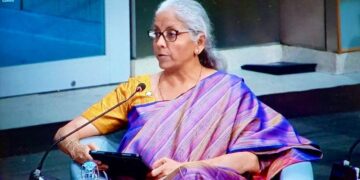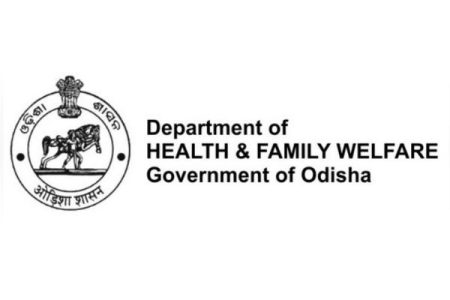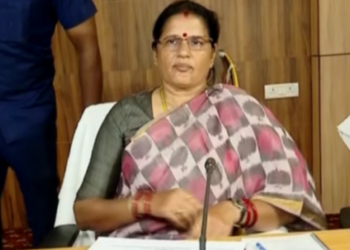The Department of Health and Family Welfare, in partnership with the Departments of Women and Child Development, School and Mass Education, ST & SC Development, and Panchayati Raj & Drinking Water, is performing biennial mass de-worming in all schools and Angan Wadi Centres (AWCs) across the State.
Intensive awareness-raising activities focused on the benefits of drinking Albendazole and the adoption of Water, Sanitation, and Hygiene (WASH) practices are also carried out.
The Health and Family Welfare Department has addressed a letter to all Collectors and Commissioners of Municipal Corporations requesting that the National De-worming Day, August 2023 round, be implemented effectively.
This year, National De-worming Day (NDD) August 2023 round will be held on 10.08.2023 and Mop Up Day on 17.08.2023 in 19 districts i.e. Balasore, Bhadrak, Bolangir, Boudh, Cuttack, Deogarh, Gajapati, Jagatsighpur, Kalahandi, Kandhamal, Kendrapada, Khurdha, Koraput, Malkangiri, Nabarangpur, Nayagarh, Nuapada, Puri & Raygada. Under NDD, the children aged 1-19 years and Women of Reproductive Age 20-24 years (Non-pregnant Non-lactating) shall be provided with Albendazole (suspension/ tablet) at respective schools and AWCs by Teachers & AVVWs.
In the rest of the 11 LF-MDA districts ( Angul, Bargarh, Dhenkanal, Ganjam, Jajpur, Keonjhar, Sundergarh, Sonepur, Sambalpur, Jharsuguda, Mayurbhanj) 1-2 year age group children will be provided with Albendazole suspension in Routine Immunisation sessions. Concerted efforts from all concerned departments at the district and block level are required to ensure effective implementation and increased coverage of the programme.
In India, soil transmitted helminths (STH) are a major public health concern. According to GoI estimates, 29.7% of our state’s children have STH. STH is harmful to children’s physical and cognitive development. In locations where parasitic worms are endemic, giving children at schools and AWCs a safe, effective deworming medicine leads to considerable improvements in outcomes linked to schooling, profession choice, incomes, and long-term well-being.
Source:OCN








 Finance
Finance







